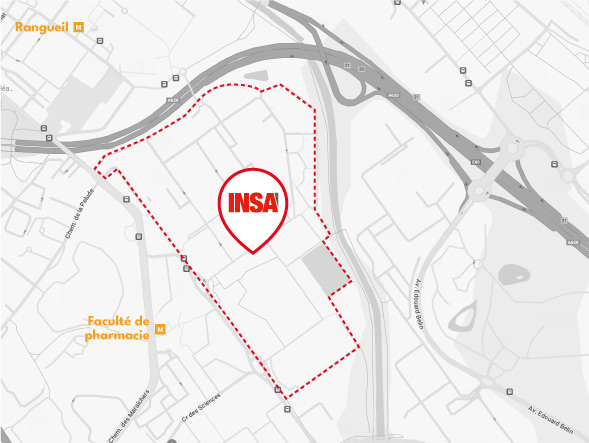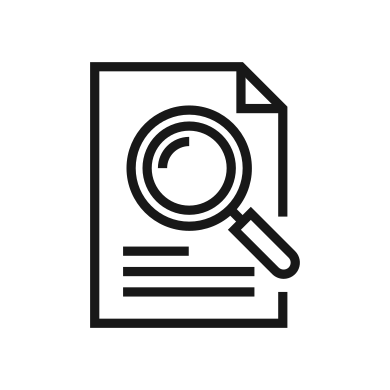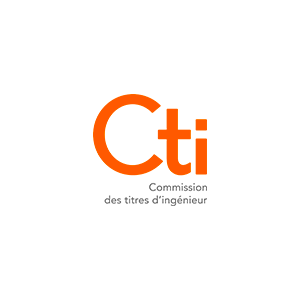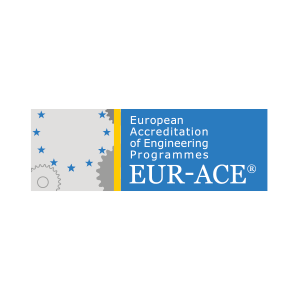Electrical characteristics of diodes and transistors (MOSFETs, JFETs and bipolar transistors). Biasing circuits and corresponding amplifying classes. Models of active components and equivalent small-signal electrical schemes for LF and/or HF signal analysis. Main functions and associated circuitry (current generation, current mirrors, differential amplifiers, etc. …). Amplifying, filtering and impedance adaptation. Implementation of models in an electrical circuit simulator.
In-depth study of electronic circuits
Description
Objectifs
At the end of this module, the student will have understood and be able to explain (main concepts) : The student will be able to:
- The electrical characteristics of diodes and transistors.
- The concept of static biasing and the principle of small signal behaviour around the bias point.
- The different amplification classes for transistors based circuits.
- The concepts of low and high frequency modelling in order to design advanced functional circuits.
- Design and realise a bias circuit which is well adapted to a given function.
- Extract the equivalent small signal scheme suited for low or high frequency signal analysis.
- Recognize and implement the basic circuitry such as differential amplification, current generators and mirrors.
- Know how to use an electrical circuit simulator and the suited models of active components as well as their limitations.
- Know how to build an amplifying and filtering chain with a view to integration.
- Conceive circuits especially adapted to sensors.
- Conceive a power amplifying stage taking into account the power dissipation.
Pré-requis
Fundamentals of electricity, Kirchhoff's laws, Thévenin and Norton's and superposition theorems, voltage and current sources. Fourier's and Laplace's transforms.
Évaluation
L’évaluation des acquis d’apprentissage est réalisée en continu tout le long du semestre. En fonction des enseignements, elle peut prendre différentes formes : examen écrit, oral, compte-rendu, rapport écrit, évaluation par les pairs…
En bref
Crédits ECTS :
Nombre d’heures :

INSA Toulouse
135 avenue de Rangueil
31077 Toulouse cedex 4
Tél : 05 61 55 95 13
Fax : 05 61 55 95 00

Dans un souci d'alléger le texte et sans aucune discrimination de genre, l'emploi du genre masculin est utilisé à titre épicène.











